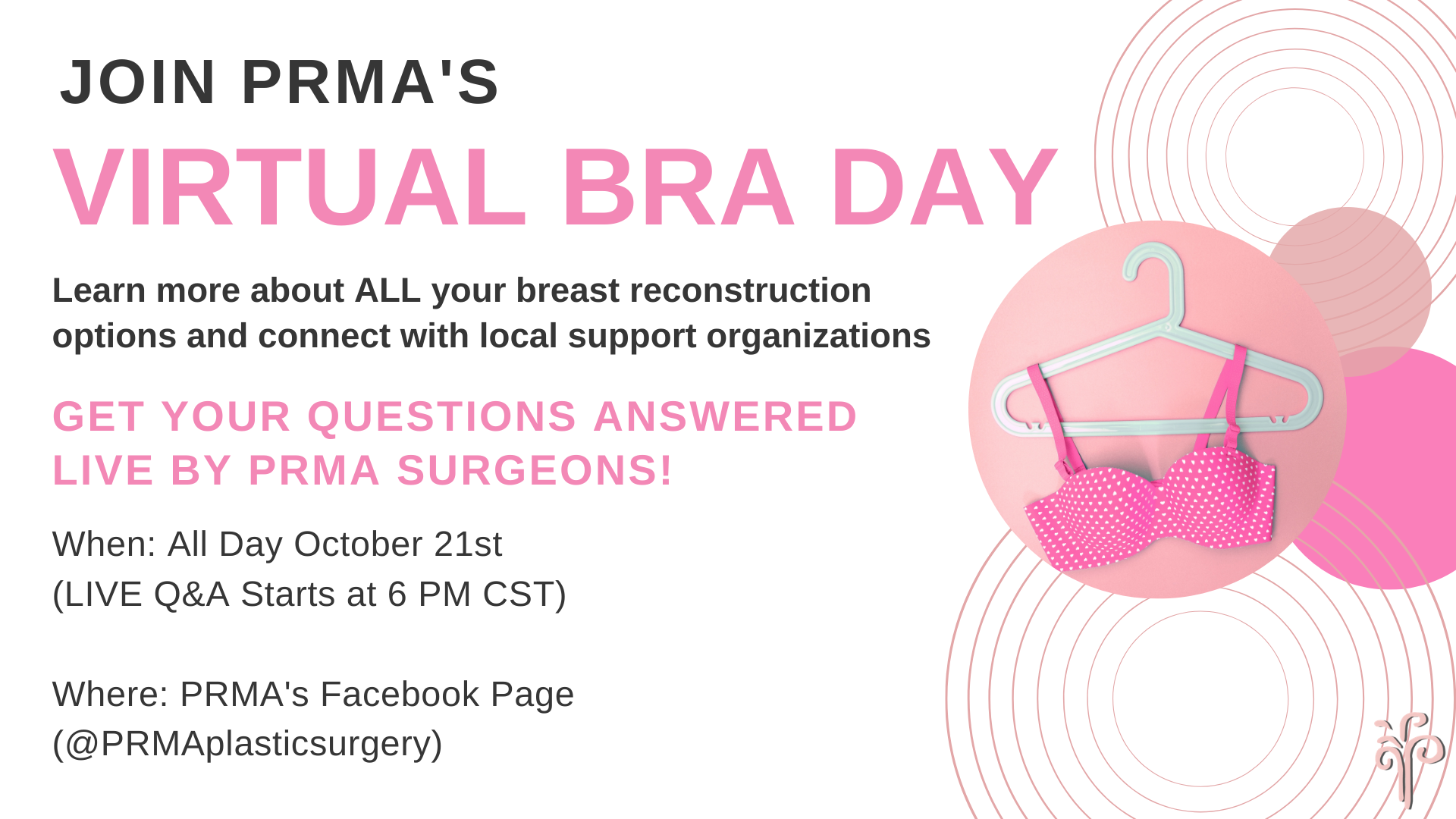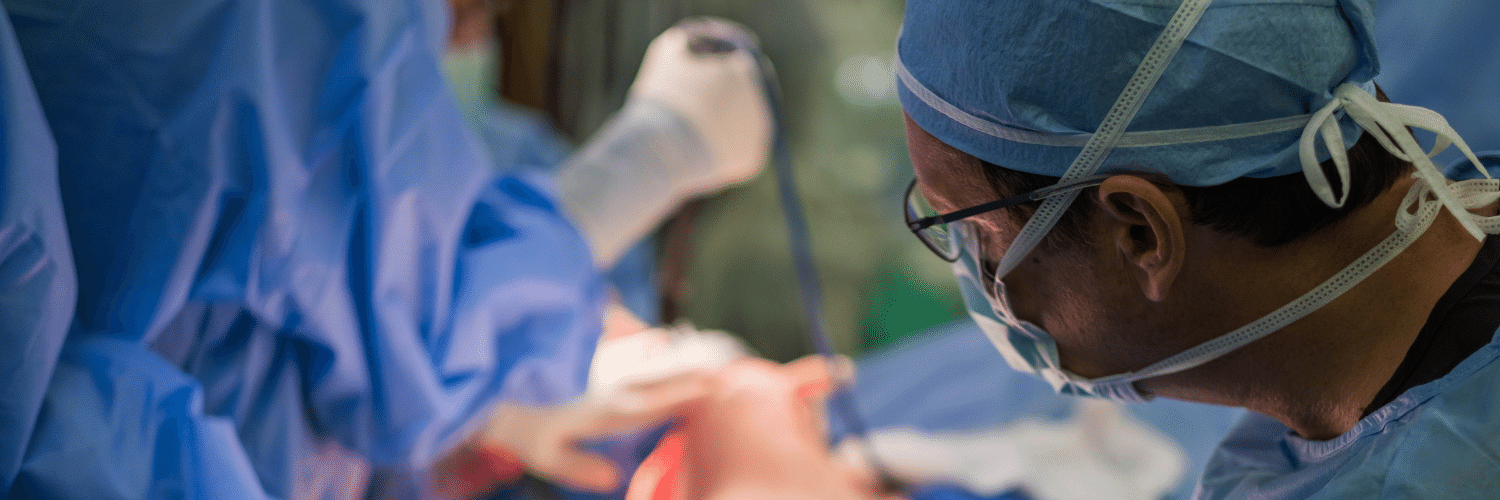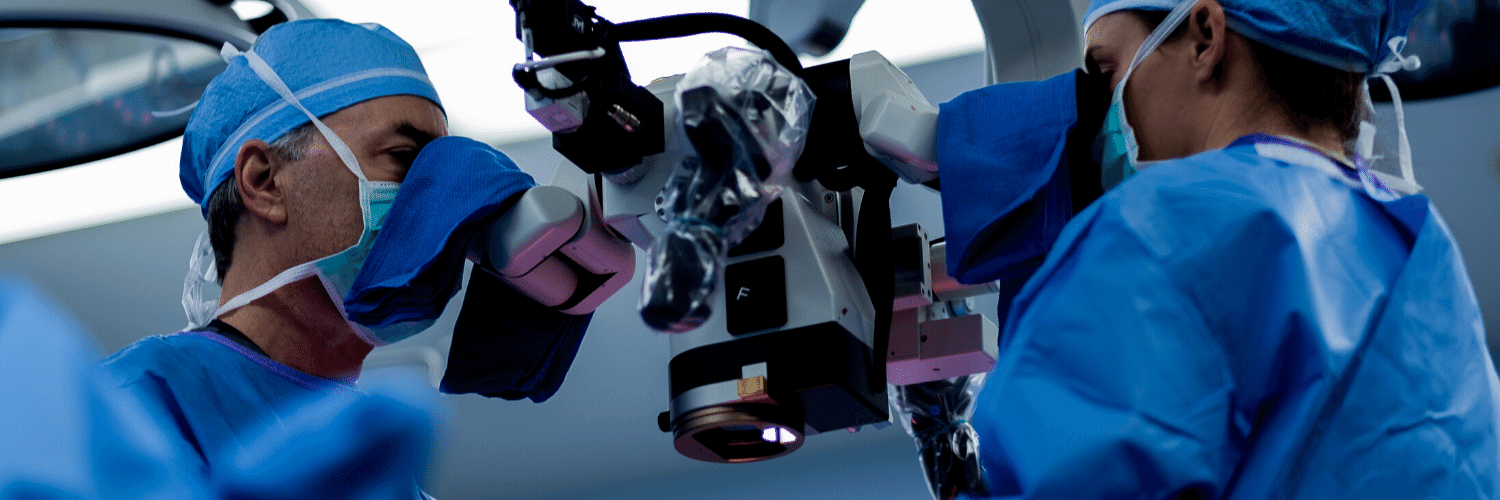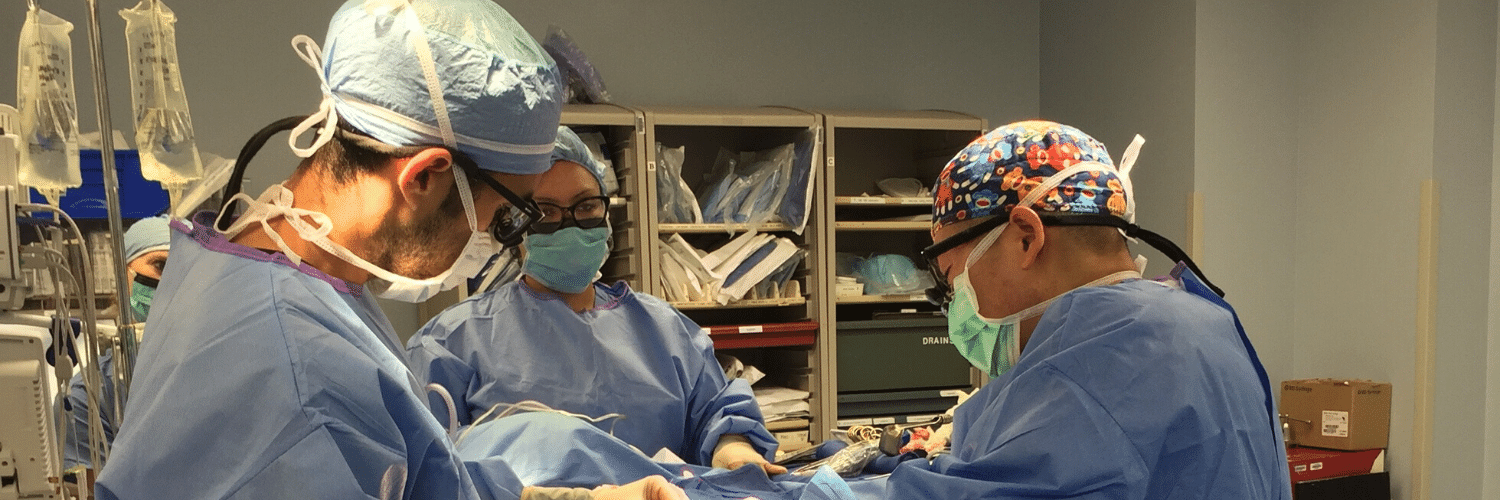
What is chemo-brain?
Trouble concentrating? Forget things or have trouble remembering conversations? Have something to say, but just can’t get the words out of your mouth? Did someone say, chemo-brain?
Many of you who have gone through chemotherapy for breast cancer treatment can relate to this mental fogginess now known as ‘chemo-brain.’
Chemo-brain for years was thought to be a result of sleeplessness, anxiety, depression and fatigue. Researchers now say this mental fogginess may be caused by chemo treatment and can sometimes last long after treatment has ended.
“I knew what I wanted to say,” says breast cancer survivor Linda Thompson, “but I could not get the words to come out of my mouth.”
Doctors say that Thompsons symptoms are relatively common and can begin soon after chemotherapy treatment begins.
“I constantly felt like I was in a fog. I would forget things a lot and would even forget what day it was sometimes,” said Thompson. “Once I finished chemo it was like a light in my brain switched back on.”
Fortunately for most women, the effects on the brain happen quickly and don’t last long. They can however, be irritating especially if you are someone who is always on top of your game!
Some common symptoms to watch out for include:
- Forgetting things that you normally have no trouble recalling (memory lapses)
- Trouble concentrating
- Trouble multi-tasking
- Forgetting details like names and dates
- Trouble remembering words or being unable to complete sentences
- Difficulty with new learning
There are things you can do to help manage chemo-brain:
- Write things down – use sticky notes or keep a planner
- Be sure to get plenty of rest and eat healthy
- Exercise, even if only a few minutes a day
- Minimize distractions
- Practice stress-relief techniques
- Exercise your brain – try memory and thinking exercises
Remember, memory problems happen to everyone. Talk with other survivors to find out what has been helpful for them. If you’re someone who has been through the fog of chemo-brain, share your experiences below so that other women may benefit.
To talk with a PRMA advocate, call 800-692-5565
Author: Dr. Minas Chrysopoulo and Brandy (Korman) Haslam
Chemo-brain for years was thought to be a result of sleeplessness, anxiety, depression and fatigue. Researchers now say this mental fogginess may be caused by chemo treatment and can sometimes last long after treatment has ended.
Leave Comment
-

4 years after chemo and still have chemo brain. It’s exhausting…. Even so, blessed to be sitting here writing this.
July 20,2020
-

I can totally relate to this article. I came back to work as soon as I finished with my strong chemos and started w/ taxol and herceptin rounds of chemo. As a legal assistant for a Appellant Justice, I have to be on top of our docket, motions, orders-you name it. Some days are better than others but on my bad “chemo brain” days-my memory and concentration out of whack. Thank God for the caring and understanding group of Justices I work for. Now that I’ll be on Herceptin for the next couple of months, I really look forward to feeling better.
July 20,2020
-

” a change in brain function is evident on PET/CT brain imaging after treatment. Her team studied PET/CT scans of 128 patients before and after chemotherapy. Using technical software, they identified differences in brain metabolism before and after chemotherapy, and then distinguished patient history, information from neurological examinations, and chemotherapy treatments. They determined that there was an association between reductions in regional brain metabolism and symptoms of chemo brain. These are the energy areas known to be responsible for planning and prioritizing. PET/ CT imaging can reveal a diagnosis of chemo brain, enabling on- cologists to manage symptoms and care plans earlier and perhaps more effectively.1 The Journal of Clinical Oncology in 2012 published a study of 34 young premenopausal women with breast cancer conducted by S. Deprez and team. They determined using magnetic reso- nance diffusion tensor imaging before and after chemotherapy, the organization of cerebral white matter (WM) could be measured. After treatment, significant declines in attention tests, psychomotor speed, and memory were noted in the frontal, parietal, and occipital WM tracks, providing evidence of changes in cognitive functioning and cerebral WM integrity after chemotherapy.” Yes, Virginia, Chemo Brain is Real Joyce O. Hislop, doi:10.1016/j.clbc.2014.09.004 Clinical Breast Cancer Volume 15, Issue 2, April 2015, Pages 87–89
July 20,2020












Doreen
4 years after chemo and still have chemo brain. It’s exhausting…. Even so, blessed to be sitting here writing this.
Delia
I can totally relate to this article. I came back to work as soon as I finished with my strong chemos and started w/ taxol and herceptin rounds of chemo. As a legal assistant for a Appellant Justice, I have to be on top of our docket, motions, orders-you name it. Some days are better than others but on my bad “chemo brain” days-my memory and concentration out of whack. Thank God for the caring and understanding group of Justices I work for. Now that I’ll be on Herceptin for the next couple of months, I really look forward to feeling better.
Anonymous
” a change in brain function is evident on PET/CT brain imaging after treatment. Her team studied PET/CT scans of 128 patients before and after chemotherapy. Using technical software, they identified differences in brain metabolism before and after chemotherapy, and then distinguished patient history, information from neurological examinations, and chemotherapy treatments. They determined that there was an association between reductions in regional brain metabolism and symptoms of chemo brain. These are the energy areas known to be responsible for planning and prioritizing. PET/ CT imaging can reveal a diagnosis of chemo brain, enabling on- cologists to manage symptoms and care plans earlier and perhaps more effectively.1 The Journal of Clinical Oncology in 2012 published a study of 34 young premenopausal women with breast cancer conducted by S. Deprez and team. They determined using magnetic reso- nance diffusion tensor imaging before and after chemotherapy, the organization of cerebral white matter (WM) could be measured. After treatment, significant declines in attention tests, psychomotor speed, and memory were noted in the frontal, parietal, and occipital WM tracks, providing evidence of changes in cognitive functioning and cerebral WM integrity after chemotherapy.” Yes, Virginia, Chemo Brain is Real Joyce O. Hislop, doi:10.1016/j.clbc.2014.09.004 Clinical Breast Cancer Volume 15, Issue 2, April 2015, Pages 87–89